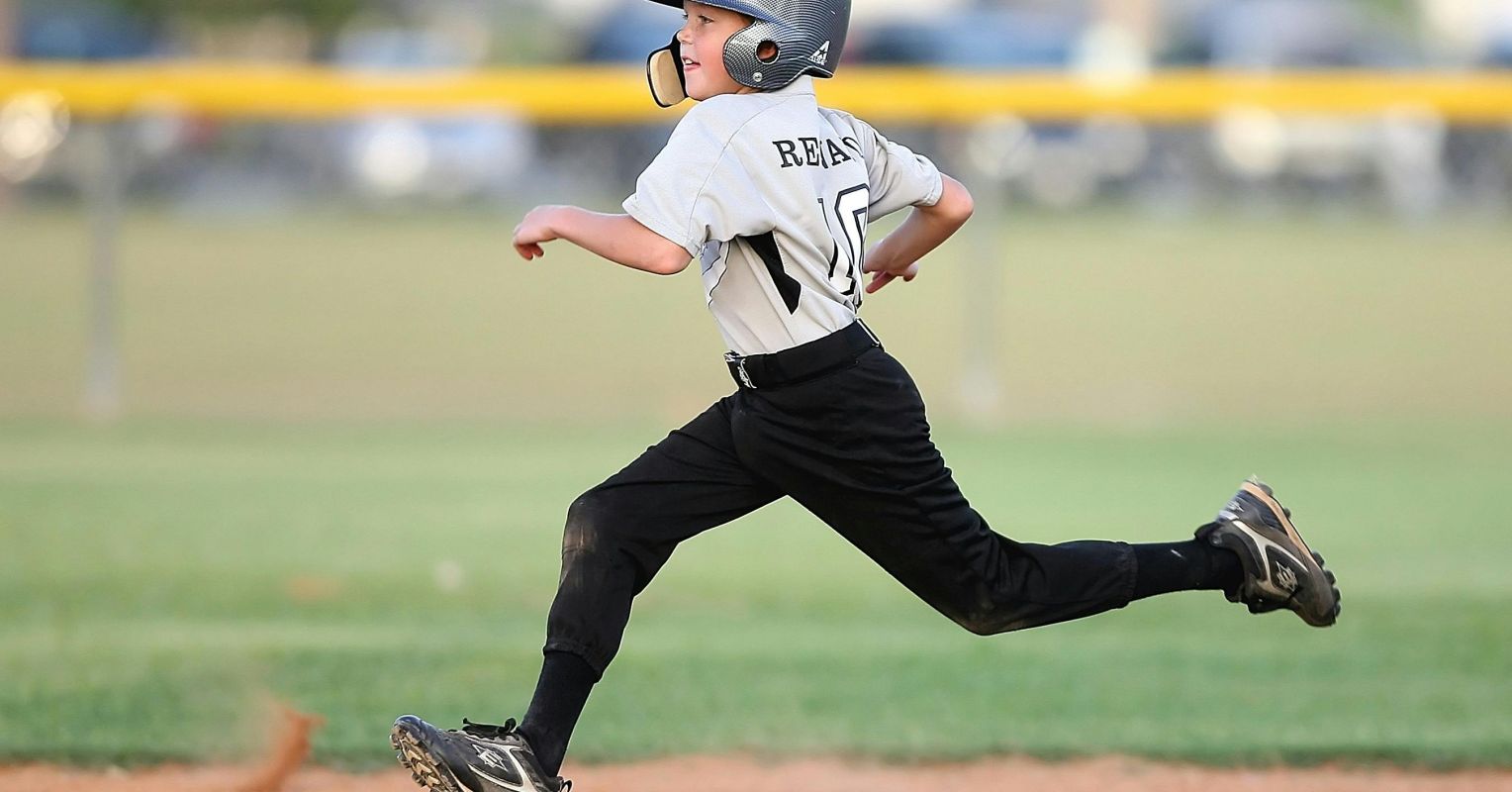
There was a time when children begged their parents to let them play an organized sport. Today, it seems as if much of this has changed. Parents routinely sign their children up to play a sport without consulting their child. It is not uncommon for kids to be playing on teams throughout the year, whether they want to or not. And many parents “coach shop,” which means they try to make sure their child always gets the best coach and plays on teams with their friends. Parents become so invested in making the season a positive experience by purchasing the best gear, being on a winning team, and advocating for their child to play a popular position that the child often misses the lessons learned by simply committing to the sport, setting goals, and learning how to communicate with others.
Why Should Children Play Sports?
Just as teachers, administrators, and parents emphasize that resilience, hard work, and social skills are strong predictors of success for children and adults, the coaches I have interviewed highlighted the same characteristics. They reported “diligence,” “hard work,” “perseverance,” and “the ability to look at the big picture” as important characteristics in a successful athlete.
Kids hear terms like work ethic, practice, teamwork, and dedication frequently from coaches, so they become familiar with those concepts early on. When this is the case, practicing these “life” skills becomes fun and rewarding. When we add in the health benefits of regular exercise, athletics can become a powerful part of a healthy childhood.
Each time our children get together with other kids, they learn how to make and maintain friends, play together, communicate, and a whole host of skills that will be used in their daily lives. Athletics fills this need perfectly. Play comes naturally to the vast majority of children. On the other hand, playing well with others sometimes takes a little more practice. Early childhood offers a great opportunity for children to practice this skill by having them play an organized activity.
While athletics has so much to offer children in the way of teaching diligence, hard work, and perseverance, it can only do that if parents support those lessons. If a parent criticizes a coach, complains about the child’s playing time, or rewards the child with trophies when they don’t even play during the season, it undermines what the coaches try to teach their team. When parents step in to orchestrate their child’s experience and are working harder than their child for them to be successful, the child can’t fully benefit from participation, because they think their parent deserves the credit.
The Ultimate Benefit of Athletics
A common theme found in my parent posts is the skills and abilities that are so important for children and teens to practice in the formative years. Now let’s look at how these skills and abilities are specifically emphasized in athletics.
Getting better takes time; children and teens come to expect everything quickly. Perseverance and working toward a goal can be difficult qualities to instill in this generation. With athletics, there is no way around it. To learn a sport, a child needs to experience hours of practice and coaching to get better. It doesn’t matter how coordinated or fast they might be; they need to practice specific skills to get better.
Playing sports offers children and teens the opportunity to practice balancing multiple responsibilities. They have the opportunity to make (and maintain) new relationships, listen to direction from someone other than a parent or teacher, and participate in another way to build self-confidence and pride. Any time we can add these experiences for our kids, it is worth looking into. Playing sports offers these opportunities.
